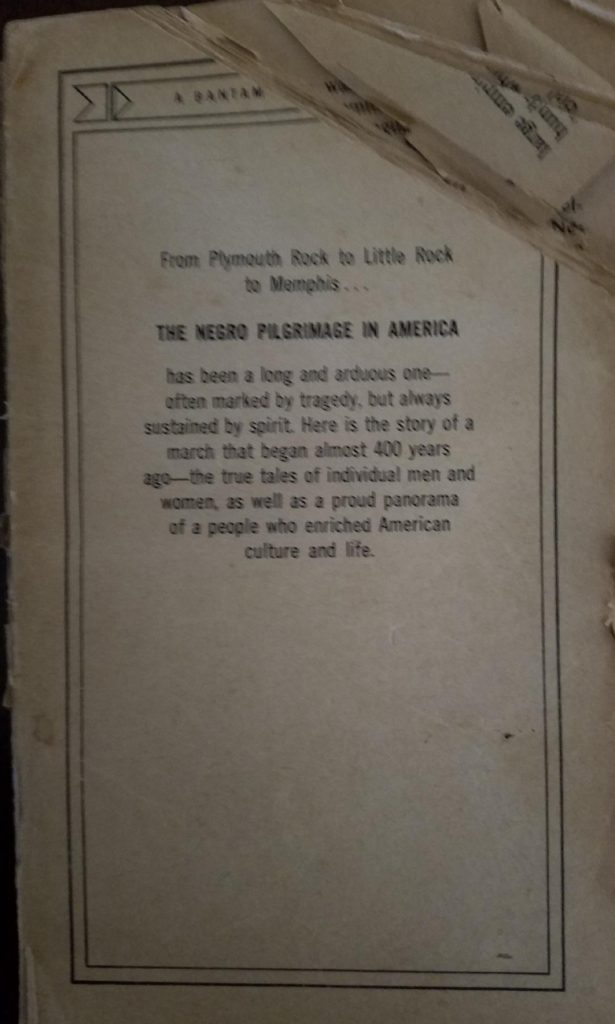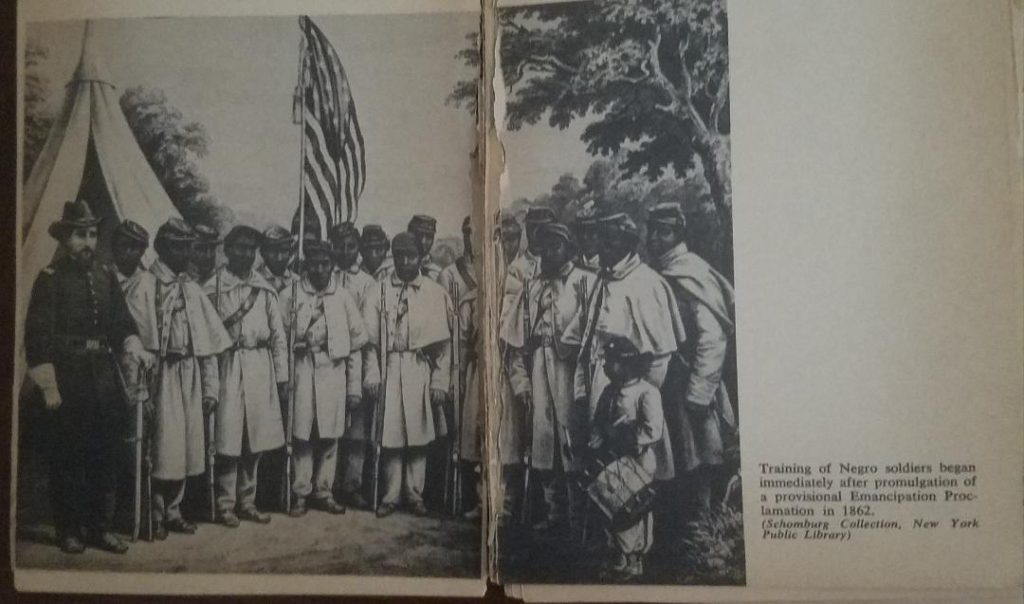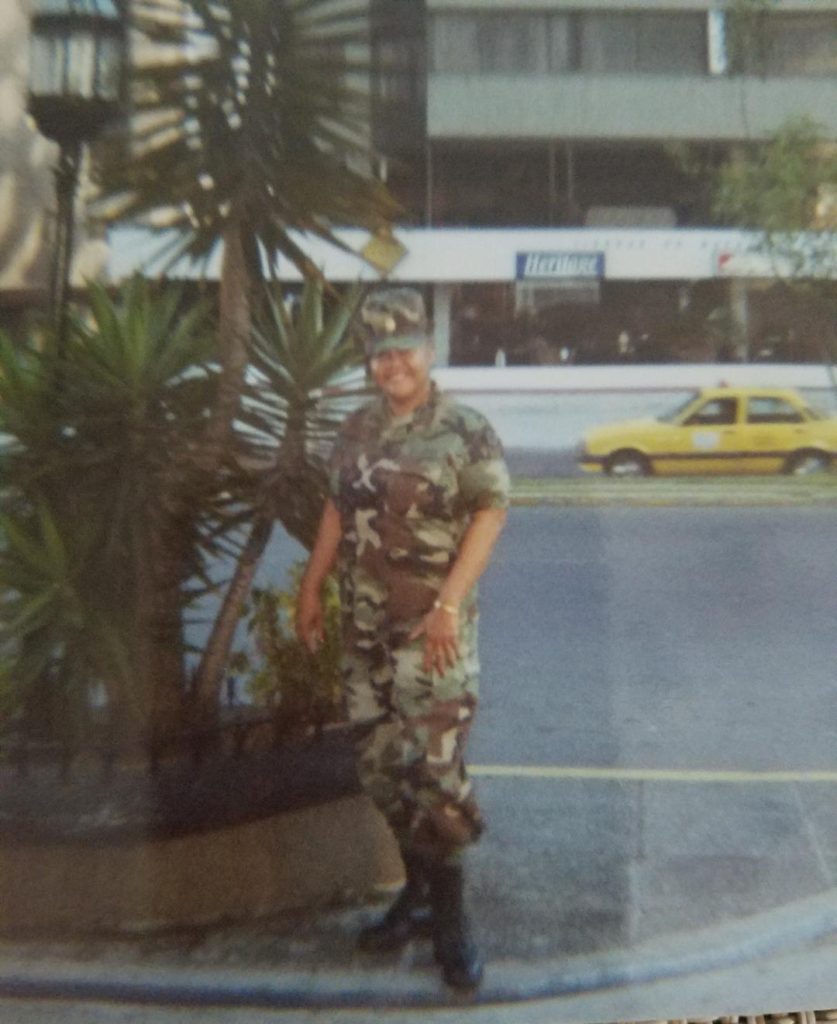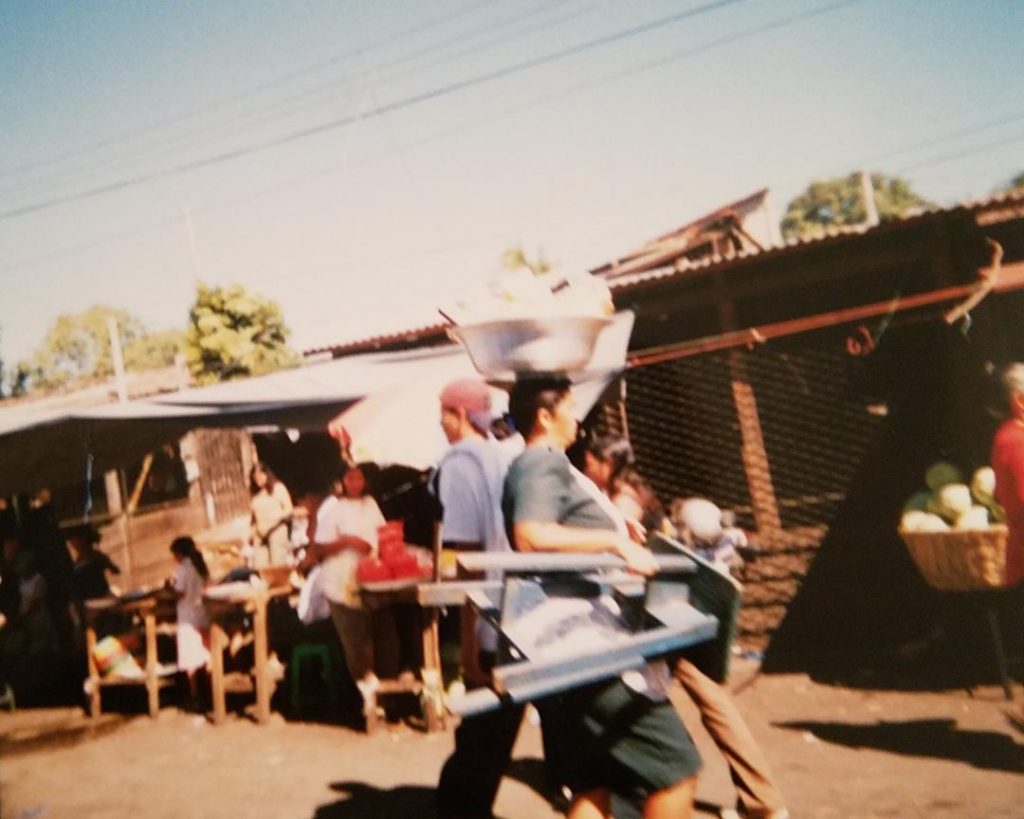Thirty one years after moving from the small military town in Millington, Tennessee, I was back. I drove down Navy Road, half expecting to see the same bustling Naval Base that I remember as a wide eyed child. I saw a few sailors and Marines walking on the base. There were no civilians waiting on the city buses on either side of the road. The buses stopped traveling from Millington to Memphis years ago. Compared to what I remember, the base was almost like a ghost town. Over the years, the base evolved and changed from Naval Air Station Memphis to Naval Support Activity Mid-South. The Base Realignment and Closure Commission directed the realignment of the base. There were still many civilian employees working there. The difference is they had their own transportation to drive to and from work. During the Vietnam War era, approximately 23,000 service members were assigned there. Now, there are approximately 7,500 service members and civilian employees.
I continued my drive down Navy Road in anticipation of what I would see. I looked to my left and saw the small church I attended was torn down or fell down. There was an empty field where it once stood. The pond where I was baptized was still there as if waiting on new converts to take a dip in its muddy water. I made a right turn on Sledge Road, where my best friend BB and her family grew up. The shack we lived in, front of the grave yard, probably fell down many years ago. While living in this shack, we ate corn that was meant for mules to survive until the neighbors came to our rescue. We didn’t have food commodities and there were no Safety Net Programs at that time. Many of the well built homes were standing, including BB’s family home which was now occupied by her relatives. I took a moment to reflect on the good times our family shared with BB and her family. When we moved to “The Bottom” we took short cuts over the cotton fields to get to their house. The cotton fields now appeared to be soybean fields. Several combines were parked in the fields, waiting for the next crop.
I turned around and continued my drive to “The Bottom.” My family and I spent six years living in the last shack on the long dirt and gravel road. To my disappointment, “The Bottom” was blocked off, and I couldn’t drive down the road we walked for many years. It was in this location that we had many conversations around the black pot belly stove. It was in this location that MaDear told me we were not poor and taught me about hidden opportunities. It was in this location that Dad taught me about not picking the prettiest tree and about staying on the long road. It was in this location that Cousin Fessor drove his shiny new automobiles to our shack and didn’t care that they were covered in dust on the journey back. The memories overwhelmed me. All the shacks were torn down years ago and soybean fields were in their places. I was tempted to get out of my car and walk but there was a huge no trespassing sign written in large red letters. The entrance was only for farm equipment. Disappointed that I couldn’t enter “The Bottom”, I continued my drive. I hoped to see the grocery store we walked the long road to and from “The Bottom “to get to but it was also gone. The subdivision located on the left side of the road that was built for white people now had black and white residents. The residents were still friendly like I remembered. As I slowly drove by looking curious, a resident smiled and waved. I returned the friendly gestures. This was the kind military town of my youth.
I turned my car around and drove back to the base. I stopped at the gate and showed my military identification. The young service man saluted me and told me to have a nice day. I smiled and said the same to him and felt a sense of pride. I thought about the employer who contacted Dad and offered him his first real job on this same base thirty four years ago. Like all parents, especially men, he wanted to provide for his family but was denied meaningful employment opportunities. He never gave up or lost faith. He worked in the cotton fields and whatever odd jobs he could find. Twenty three years after he was honorably discharged from the Army, the employer at the naval base offered him a job with benefits. He was finally able to provide for his family. After working for nearly six years as a custodian, he was of retirement age. He and other retirees were recognized in the base newspaper and they were given a retirement ceremony. Now, MaDear and Dad’s baby girl was driving through the same gates as a military officer.
I am from a military family. Dad and some of my uncles served honorably in WWII. After their discharge, they were not able to gain meaningful employment in a land they fought for. They continued to love our country and had faith that justice would prevail. Later, my three brothers served honorably in the military and were able to obtain meaningful employment after discharge. I joined the Army Reserve and served honorably for over twenty years. When Vie’s children became adults, they joined the military. My niece Tracy served honorably in the Air Force and began her medical career. I was honored to commission my nephew as an officer in the Army. He served honorably, retired at a young age and continued with his career. Dad passed away before my niece, nephew and I joined the military but I felt his presence and guidance. He was probably looking over us with a twinkle in his light brown eyes. He and some other service members in his generation were denied employment after discharge but times had changed for us. They served with honor and he and others like him are the real patriots.

After joining the Army Reserve I was curious about other black service members. My curiosity led me to a small worn and tattered paperback book in MaDear’s treasured WWII footlocker. Dad kept a book in there by C. Eric Lincoln titled, The Negro Pilgrimage in America. The book was published in 1967 and gave a detailed history of a march that began almost 400 years before that date and chronicled black people’s pilgrimage from bondsman to responsible citizen. This detailed book had been exposed to the elements over the years and the musty pages fell apart while I was reading it. Lil Bro and Rom talked so much about the importance of history while growing up that by now, I had an interest. Not only did the author write about the history of slavery and segregation that I didn’t learn in school, he wrote about the accomplishments of black people throughout the Revolutionary period, and in the military. The author was an African American scholar, Navy veteran, and author of several other books.
Lincoln wrote, “If the Negro is ever to be appreciated as an America, the Negro must be seen in the full context of America’s growth and development. American history is his history, and his history is part of America’s. Any account of what happened in America which does not fully reflect the Negro’s presence and activities is to that degree unfaithful to reality.” It was exciting to travel back 400 years in time with the author. It was equally exciting to find a book Dad had obviously read many times. He claimed the book by signing his full name on top of the acknowledgment page. Some of the pages were turned back, indicating his stopping and starting points. I held that tattered book like it was a piece of gold. To me, it was better. It once belonged to my daddy!
According to Lincoln, Crispus Attucks, a run- away slave was the first to give his life for freedom during the American Revolution in 1770. He was the first person killed in the Boston Massacre. The Battle of Bunker Hill in 1775 produced two black heroes in the colonial struggle for liberty. By the end of the Revolutionary War, and estimated 5,000 black soldiers had served in the Continental Army. The Continental Army was formed after the American Revolutionary War by former British colonies that eventually became the United States of America. This was before The Emancipation Proclamation freeing slaves in 1863. I couldn’t believe what I was reading. This was proof that black people fought in a land that enslaved and discriminated against them.

In 1863, the draft act was in operation and black soldiers joined the Union Army under the designation United States Colored Troops (USCT). The majority of troops were commanded by white officers. Before the war ended, approximately seventy five black men had been commissioned as officers and served in the field. When Confederate troops captured black union soldiers, they were not treated as prisoners of war. If they were not killed on the spot, they were taken as slaves. On April 12, 1864, Confederate General Nathan Forrest and his troops captured the Union stronghold at Fort Pillow, located in Henning Tennessee, nearly sixty miles from Memphis and less than forty miles from the navy base. Lincoln wrote that half the garrison consisted of black troops and they and their white commanders were massacred. By the end of the war, around 200,000 black men had served in the Union Army and more than 38,000 had given their lives. The Congressional Medal of Honor, the nation’s highest military award for valor in combat against an armed enemy, was awarded to twenty-two black soldiers. It was not until a year later that Congress granted black soldiers the same pay as white soldiers.
By now, I was really intrigued and hoped the worn pages in the book wouldn’t degenerate before I finished reading. According to the author, black people became citizens of the United States on July 28, 1868 with the ratification of the Fourteenth Amendment to the Constitution. Wait a minute, black men fought during the American Revolution, the Civil War, were slaughtered at Fort Pillow but were not even citizens? Slavery ended with the Emancipation Proclamation on January 1, 1863 but training of black soldiers began after promulgation of a provisional Emancipation Proclamation in 1862. An all-black unit, The First Regiment Louisiana Heavy Artillery was organized. The War Department authorized organization of the first all-black regular army combat units. By the end of the civil war, there approximately one hundred and fifty all black regiments in the Union Army.
I read that it was not until October 30, 1954 that the Defense Department ordered that all black units in the armed forces be completely abolished. Lincoln wrote,” It had taken over ninety years and many black lives were given in defense of their country before the black soldier was permitted to fight and die by the side of his white counterpart. World War II opened the door for black people to serve in the military but the doors had to be pushed open. Despite their courageous service in all the wars of this republic, negative and racist attitudes toward black service members were widely held. ” I continued to read and learned that Dorie Miller, a black seaman, seized an anti-aircraft gun from a dying white sailor and shot down four of the Japanese bombers that attacked Pearl Harbor on December 7, 1941. I don’t recall reading about him in during history classes in school. During World War II, it was announced that black men would be trained for pilots for duty in the Army Air Force. They were segregated at the Tuskegee Army Air Field in Alabama and became known as “The Tuskegee Airman.” In the Vietnam War, from fifteen to thirty-four percent of the combat troops were black, even though black people only made up approximately eleven percent of the population. My three brothers served during the Vietnam War era. Lincoln wrote ” Many black lives were given in defense of their country before they were permitted to fight beside their white counterpart.” These brave men all served with honor and were true patriots.
Now, throughout the armed services, black men and women are serving in all positions. I was proud of the brave men and women who served honorably before me. When I was growing up, many black people were not recognized for their abilities. After the civil rights movement, and while I was growing up, young Black Nationalist grew tired of waiting to be recognized as black people sharing America. Black people had spent a lifetime struggling to be accepted. The nation saw the Black Nationalist as radical but they wanted the nation to know we were proud to be black and wanted to be appreciated and treated equally. They also wanted the history and literature of black people to be taught in schools and colleges. Black people love our country but we won’t be satisfied with the racial division and inequality. Despite the discrimination which tries to limit participation of black people, we are Americans. We helped this country to be what it is. I joined the Army Reserve for one purpose but served for over twenty years for another. Progress has been made but unfortunately, some challenges still exist. We are Americans yet nearly fifty seven years after Dr. King’s “I Have A Dream Speech” we are still being judged by the color of our skin instead of the content of our character.
Serving in the military allowed me to acquire new skills, put new tools in my toolbox, and be part of a strong sister and brotherhood unlike no other. I got to travel to places I never dreamed of and engaged with people from all over. I met good friends while serving in the military. One friend, Mara, also grew up poor during the civil rights era. She became like a sister to me. She grew up in Mississippi and she and her siblings were also recipients of Safety Net Programs. They received a hand up, not a hand out. She worked her way out of poverty, became a nurse and joined the Army Reserve. After joining the military, we were soldiers first. We were required to take ongoing military and leadership development courses. She and I took many classes together and served together during active duty. We took courses with soldiers from across the nation. When the grueling military courses got rough, we encouraged each other. Soldiers of all ages, gender and races were in our unit. We were all brothers and sisters in arms.

Francie Mae in Quito Ecuador
I had many interesting and fulfilling military assignments over my twenty year career. I served in South and Central America several times. These countries reminded me of my childhood. One of my favorite assignments was to Ecuador. We flew into Quito, the beautiful and bustling capital city of Ecuador, stayed the night then continued on our assigned mission in the jungle. We were on a medical readiness training exercise (MEDRETE) to provide healthcare and preventative service education to the under-served and civilian population. Our base camp was guarded by young Ecuadorian soldiers. We were briefed about our mission and the tarantulas that lived in the old building. We rotated to various cities to meet the needs of as many people as we could. The people in these cities lived in shacks and shanties and did not have electricity or indoor plumbing. We set up our medical clinic at the local schools. The schools did not have flushing toilets. There were gallon buckets of water to pour in them. Their lifestyle reminded me of my childhood. These were very poor people who were very appreciative of the care we were providing them. Young people assisted and respected their elders. Even though they were impoverished, they greeted us and each other with a smile and there was joy in their faces. I was told they had the tradition of the minga, they helped each other in need. This was also similar to the military town I grew up in.
I chose to work in the triage area to engage with more of the people who came for treatment. At some sites, we assessed or treated up to 800 people a day. They lined up in orderly fashion and patiently waited to be seen. The line was so long that it was impossible to see everyone, so many came back the next day. In my limited Spanish, I was one of the soldiers who asked the people what their needs were (Medical, Dental, Vision, etc.). Most of the people had back pain due to hard labor, high blood pressure or diabetes. Out of all the people we assessed and treated on this mission, only a few reported they were depressed. This was a group of people who lived in substandard living conditions, worked what jobs they could find, ate what food they had, and depression was not prevalent. They did not have a poverty mentality. This was also the way I grew up.

I have always been told I have an infectious laugh. One day, I was working in the triage area and for the life of me; I couldn’t remember how to ask the person I was assessing additional questions in Spanish. She tried to help me but I butchered the question and laughed out loud at my own mistake. She knew why I was laughing and started laughing also. Soon, about fifty Ecuadorian people waiting in the triage area was laughing. They couldn’t understand me and I couldn’t understand them. What we had in common was laughter. Laughter is the best medicine and the essence of life. Research supports that laughter blunts stress and pain. Happy chuckling increases the level of brain chemicals known as endorphins and reduces the levels of cortisol, the stress hormone that’s tied to health problems. The Ecuadorian citizens laughed frequently. Maybe this is why they seemed to have lower rates of depression. I believe in laughing out loud!
After a full day at the makeshift medical clinic, we returned to our base camp exhausted and humbled. By this time, we didn’t care about the tarantulas that hid in the toilet tissue rolls, our boots and other dark places. We had to get adequate rest to start another long and full-filling day. Prior to leaving the base camp, some of the young Ecuadorian soldiers tried to hide in our containers hoping they could get to the United States. They wanted a better way of life. Most of us were older than these young soldiers and treated them as sons and brothers. When we returned to Quito after our mission ended, we got the opportunity to spend time in the city and go to the Equator. Ecuador is named after the equator which runs through the country; I stood with one foot in the northern hemisphere and one foot in the southern hemisphere. I was amazed at God’s beautiful earth! After this assignment, I was honored to participate in others. Each assignment was similar. The people in the countries were humble, respectful and laughed out loud, like me.
Toward the end of my military career, my unit changed headquarters from Memphis to the Naval Base in Millington. Who would have thought that I would serve on the same base that I was in awe of as a child. The man who hired Dad on this base was instrumental in changing the course of direction for my family and me. As a soldier, I was proud to stand on its soil. When I retired, my unit members gave me and other retirees a retirement ceremony at the base. I felt Dad’s presence throughout the ceremony. I served with honor! I was overjoyed to serve my country and retire from my military career at the base where he got his start in the workforce. God had people strategically placed in our life.
As a person who grew up in during the civil rights era, and served in the military, loving our country means fighting for justice and equality for all. Patriots fight for the rights granted to us by the U.S. Constitution. We are responsible for making America live up to the promise of “liberty and justice for all.” We all have a role to play in challenging the people in our country to do better for everyone.
“All Americans, regardless of color, need broader and more realistic perspectives on the development of the country they share, and must continue to share as one nation. Indivisible.”- C. Eric Lincoln
Reference
C.Eric Lincoln. November 1967. The Negro Pilgrimage In America. Bantam Pathfinder Books.
